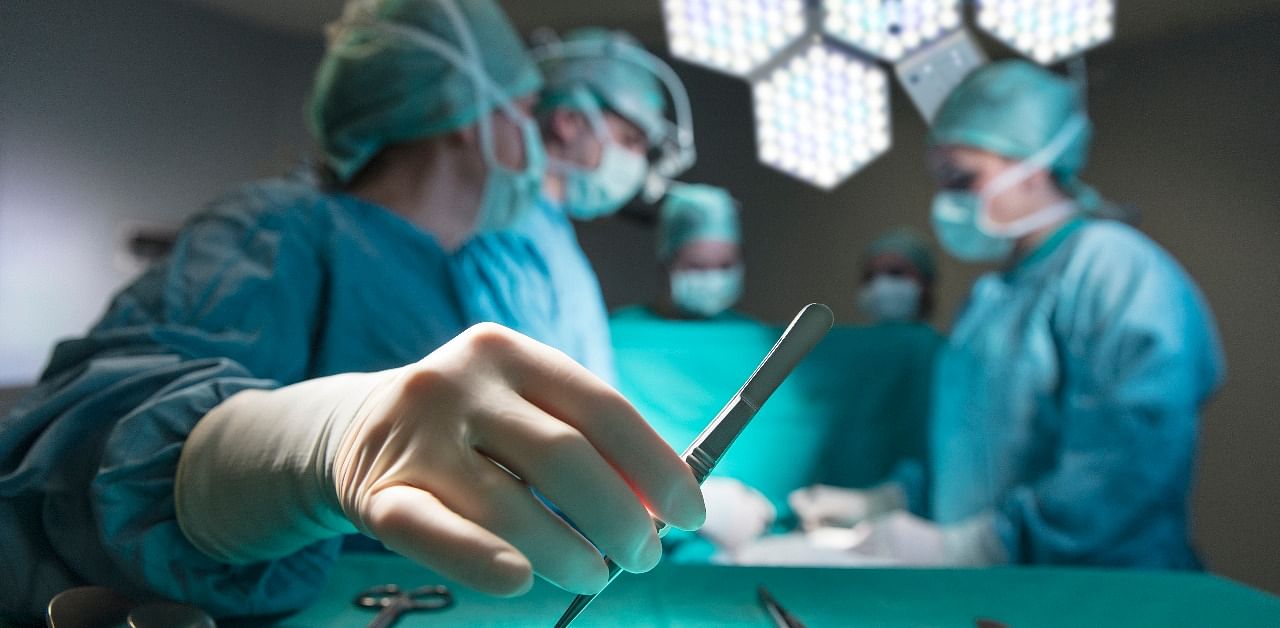
The Centre has allowed post-graduate Ayurveda doctors to perform a variety of general surgical, ENT, ophthalmological and dental procedures, such as removal of appendix and gall bladder, excision of benign tumours, amputation of gangrene, and dental root canal, after receiving proper training on such procedures.
The decision notified by the Central Council of Indian Medicine after receiving sanctions from the central government has drawn flak from the Indian Medical Association that described the move as equivalent to “corrupting the entire health system of the country.”
Those pursuing an MS (Ayurveda) Shalya Tantra (general surgery) will be trained on 39 types of procedures whereas the PG students pursuing MS (Ayurveda) Shalakya Tantra (diseases of eye, ear, nose, throat, head and oro-dentistry) will receive training on another 19 procedures.
Once they receive the degrees, they would be able to perform these procedures independently, said the notification.
The surgical procedures on which the Ayurveda practitioners would receive training include excision of simple cyst, all types of skin grafting, ear lobe repair, all types of suturing, removal of metallic and non-metalic foreign bodies from non vital organs, operation for anal fistula and cataract operations besides multiple urological procedures.
However, the IMA, India’s biggest association of doctors, condemned the notification describing the move as a retrograde step.
“Such mixing of the systems will be resisted at all costs. All over India students and practitioners of modern medicine are agitated over this violation of mutual identity and respect. What is the sanctity of NEET if such shortcuts are devised?” it said.
The notification comes at a time when many states witness severe shortage of specialist surgeons in rural areas and small towns. A 2015 health statistics report by the Union Health Ministry showed that out of the total sanctioned posts 74.6% posts of surgeons are vacant in the community health centres all over the country.
But doctors are of the opinion that the route chosen by the CCIM is not the best way to bridge the gap. “Its a fraud being committed on the students. Let the two systems thrive independently instead of corrupting the entire health systems of the country. Why should anybody sit for the NEET if such shortcuts are allowed,” IMA national president Rajan Sharma told DH.
Surgical disciplines of modern medicine have developed over the last half a millennium. "Corrupting modern medicine by mixing with other systems and poaching the disciplines through back door means is certainly foul play of first order," said IMA.
Other public health experts, however, are not so dismissive of the move. "If they are trained well, they can play a bigger role in the public health system. But its a short-term measure and a change of medical education is required for an integration of the two systems,” commented public health specialist Meenakshi Gautham, a research fellow at the London School of Hygiene and Tropical Medicine.
Such surgical innovations, pointed out Gautham, were in practice in several African countries that experience a deficiency in the number of surgeons.
